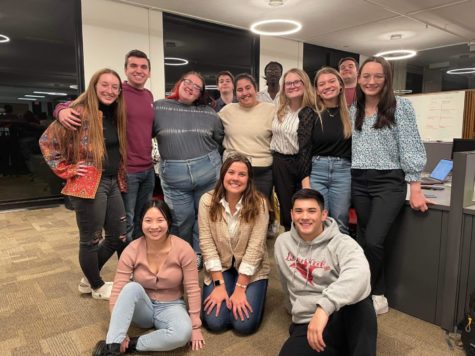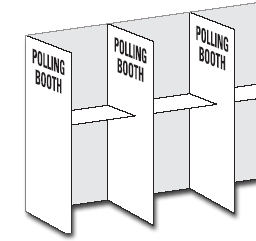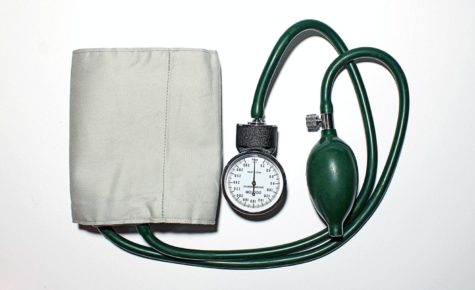Editorial: Do what’s best for you
October 21, 2020
College is stressful, and there is a lot of pressure concerning the decisions college students make.
Students drop out of college all the time; it happens. Students also take too many classes, take on multiple extracurricular responsibilities and don’t sleep enough; it happens. But the only person that is able to decide what is best for them when they are struggling with these various issues is them.
Iowa State’s first-year retention rate, as released, was at an “all-time high,” even in a pandemic. However, enrollment for the fall 2020 semester was down 1,566 students from the previous academic year.
No one can know exactly why enrollment was more than 1,500 less than the year before, but perhaps it had to do with the future of online instruction and various life factors that made college an unrealistic choice.
We are not here to tell college students what they should do with their lives. We are neither encouraging them to drop out of school nor stick with it. Rather, we are telling all college students to evaluate their current school and life circumstances and realize that no matter what they decide, it is OK.
It’s OK for students to do what they need to do for the betterment of their mental health, academic performance, overall happiness, etc.
In April, CNBC Make It published an article about students temporarily and permanently dropping out of school due to effects of COVID-19, such as financial strain or not wanting online instruction.
Sure, not all students will return to college after a gap semester or year, and that is OK. Dropping out permanently may require a change in priorities, and that is OK. Maybe staying in college is the preferred option but someone needs help, and that is OK.
Higher education isn’t everything. Society should have no say in someone’s decisions to attend or not attend college and to stay in college or to drop out, especially in such an unprecedented year as 2020.
The Washington Post reported on the number of low-income students dropping out. Money can be stressful and an unknown factor for everyone. But there are certain cases that require more consideration. Sometimes people just absolutely can’t afford college, or the stress of finances isn’t worth it to them.
In general, there is so much pressure on young people to attend college in the first place. This pressure isn’t talked about enough.
When college students drop out, people are quick to assume they are lazy or have lost their way in life. It is possible that college just wasn’t for them, or they never planned on it in the first place but went through with it because it’s what they thought they were supposed to do.
There are so many reasons and explanations to why someone would choose to not go to college, choose to drop out or choose to take a gap year. Assumptions and unfair expectations are not helpful to those individuals.
The best thing for anyone when struggling with big life decisions is support from their loved ones, role models and academic leaders. Resources are always available to people for any decision they make, college related or not.
For those who know they don’t want to drop out but need help with their to-do lists, responsibilities, time management, mental health, etc., Iowa State’s Academic Success Center is here to help.
Academic coaches are available to help students create schedules, stay with a routine, accomplish all assignments and so much more. The Academic Success Center even has worksheets to help with managing time, studying, taking notes and other college aspects.
Academic advisers are also a great tool for students to get help with their courses. Advisers are there for more than appointments to register for the upcoming semester classes. They can direct students to campus resources that can improve their experience and performance with the classes they are currently enrolled in.
The moral of the story here is that it is OK to break away from what is expected of you, if it means you are seeking a happier and more fulfilling life. Education and high-paying jobs do not guarantee success and contentment.
All we can do is just put forth the best effort into everything that we do.

















